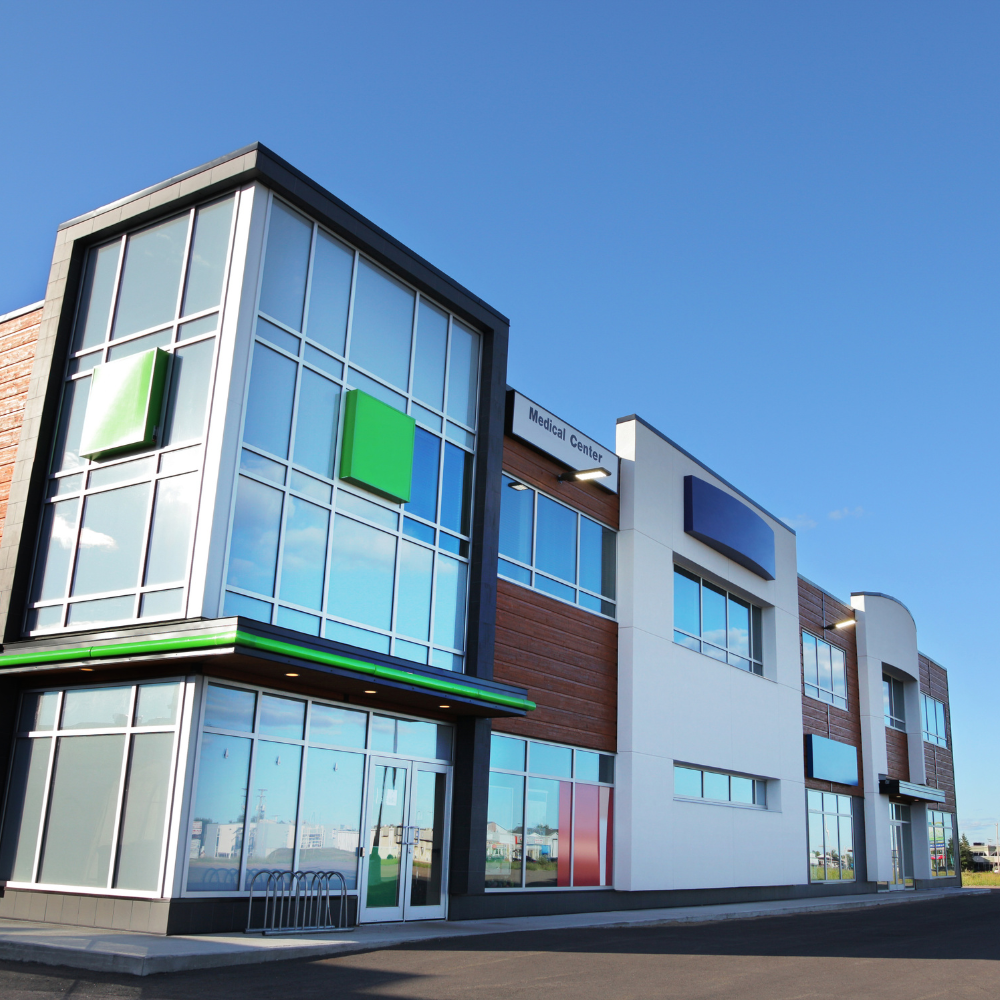In an age where sustainability is at the forefront of our collective minds, modular buildings have emerged as a game-changer in the construction industry. These innovative structures offer a host of benefits that make them a green and eco-friendly choice.
Here, we’ll explore the three main sustainability benefits of Delkii’s unique SIPs Panel modular building system.
Reduced Environmental Impact of Buildings
One of the primary advantages of modular construction is its significantly reduced environmental impact compared to traditional construction methods. Our panel based modular building system is manufacturing using 100% renewal energy from recyclable materials which are made to measure for each building, minimizing waste generation and allows for precise material management. As a result, there is less onsite disruption, lower transportation emissions, and a smaller carbon footprint associated with modular construction, not to mention significant costing savings.
Modular buildings often incorporate sustainable building materials and energy-efficient systems, such as LED lighting, high-efficiency HVAC, and smart insulation. These design choices contribute to lower energy consumption and reduced greenhouse gas emissions throughout the building’s life cycle.
Faster Construction and Reduced Disruption
Modular construction is known for its speed and efficiency, resulting in reduced construction time and minimal disruption to the surrounding environment. By manufacturing made-to-measure SIPs panels, project timelines are significantly shorter, reducing the energy and resources needed for construction. This approach not only conserves resources but also minimizes noise and air pollution, benefiting both the environment and local communities.
Enhanced Building Performance and Longevity
Modular buildings are designed with sustainability in mind. They often incorporate advanced insulation and green roofing systems, promoting better energy efficiency and long-term sustainability. These structures are built to last, reducing the need for frequent renovations or demolitions. Additionally, their modular nature allows for easy adaptability and expansion, ensuring that they can meet changing needs over time without unnecessary waste.
In conclusion, modular buildings offer a host of sustainability benefits, from reduced environmental impact to faster construction and enhanced building performance. As the world seeks more eco-friendly and efficient construction solutions, modular buildings are emerging as a shining example of how innovation can pave the way for a greener and more sustainable future. These structures are not just buildings; they are stepping stones towards a more sustainable world.

